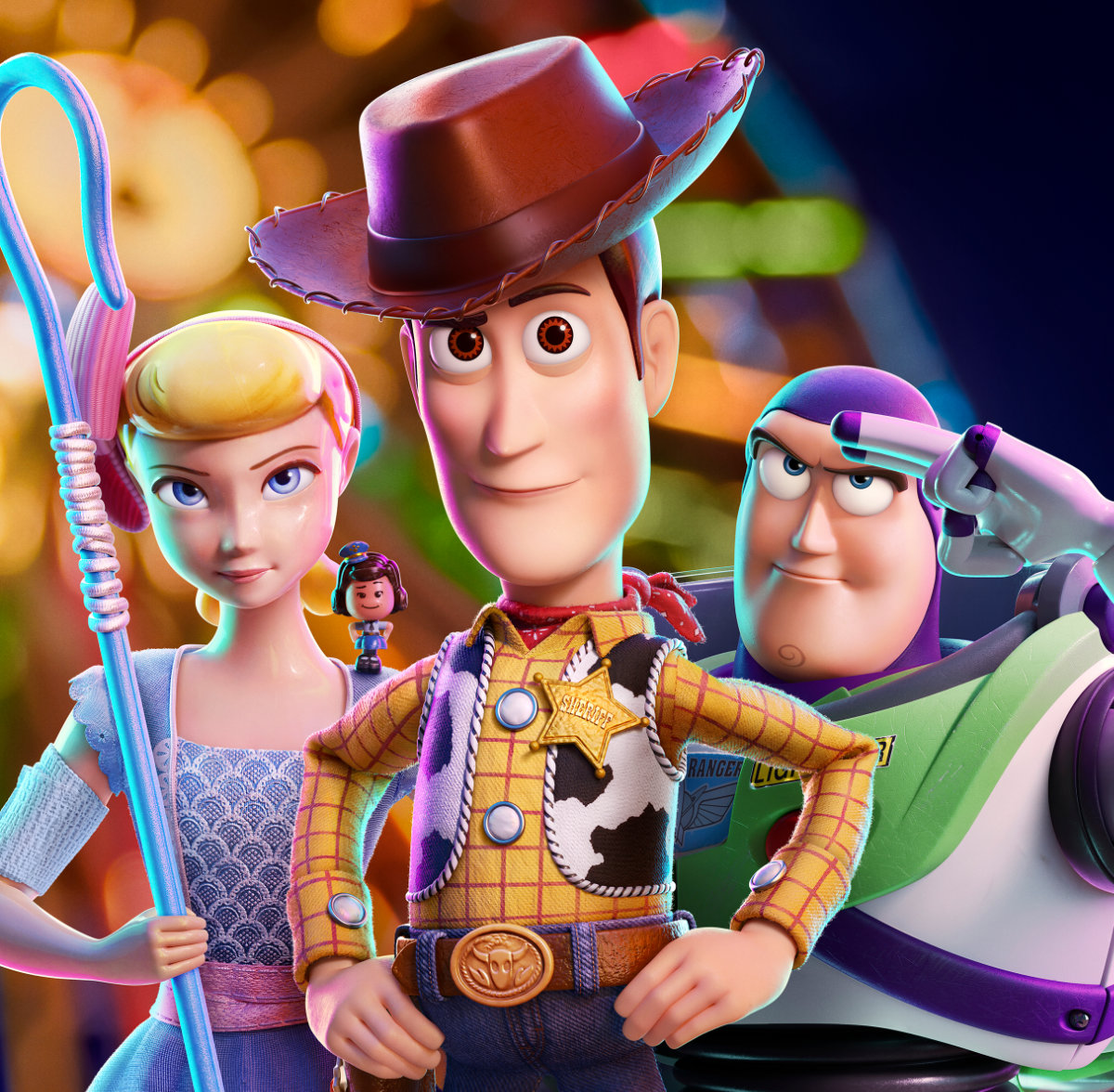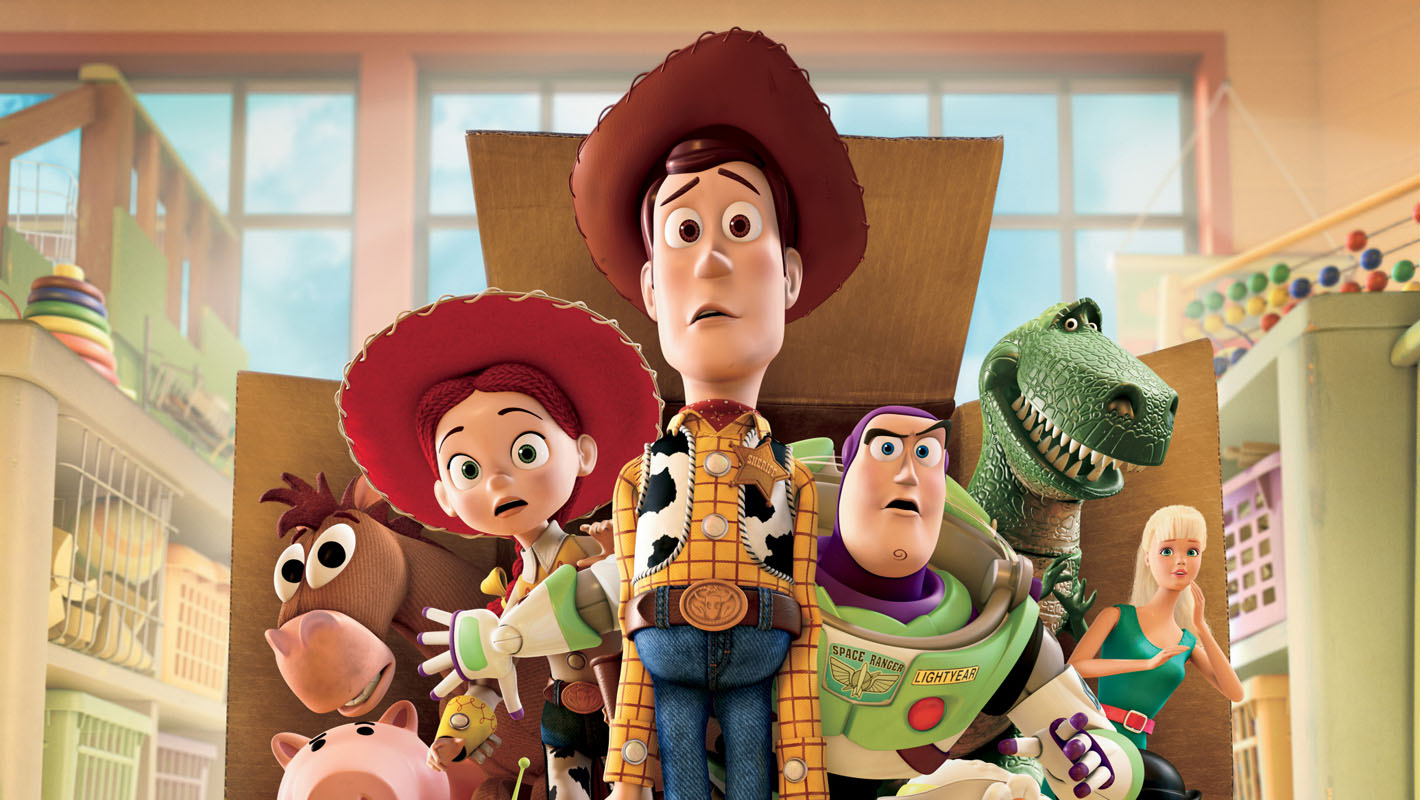
Photo / Pixar
Disney’s Slate Continues to Outperform Commercially, if not always Critically
Although the first animated feature film debuted way back in 1939 with “Snow White and the Seven Dwarves,” the Best Animated Feature category at the Academy Awards has only existed for nineteen years, arriving in 2001 when DreamWorks’ “Shrek” won the inaugural prize.
Although “Shrek” may have taken home that initial award—beating out fellow nominees “Monsters Inc.” and “Jimmy Neutron: Boy Genius”—DreamWorks would not be the animation studio to rein supreme over the category in the coming years. In the nineteen years that the category has taken place, Disney’s Pixar has won ten times, making it the unrivaled champion of the Best Animated Feature title.
In fact, almost every time Pixar releases a movie, it gets a nomination, and almost every time it gets a nomination, it wins. Only three times has a Pixar movie been in the runnings, but lost to one of its competitors. Following “Monsters Inc’s” initial loss to “Shrek,” “Cars” lost to “Happy Feet” in 2006 and “Incredibles 2” lost to “Spider-Man: Into The Spider-Verse” just last year—albeit, the studio won Best Animated short with yesteryear’s “Bao.”
Many were happy to see “Spider-Verse” win in 2019. The movie was original and its animation was captivating, far from the predictable family narratives and re-hashed 3D style of Pixar that audiences have become all too familiar with over the past twenty-six years. Furthermore, with Disney being a conglomerate juggernaut in modern Hollywood, there is something cathartic about seeing an underdog beat them out—in addition to the ten Pixar wins, Walt Disney Animation studios have also won three of the nineteen Best Animated Feature titles, leaving the House-of-Mouse with all but six of the total trophies for the category.
With “Spider-Verse” winning last year, some assumed that Pixar might be losing its power, and when “Toy Story 4” lost to the commercially unsuccessful, but critically acclaimed “Missing Link” at the 2020 Golden Globes, many were optimistically foreseeing another Pixar defeat at the upcoming Oscars—making it Disney’s first consecutive defeat in the category since 2006.
Overrated or Just still too Big to Ignore, Toy Story’s Success is Undeniable
“Toy Story 4” is by no means a bad movie, and it grossed over a billion dollars at the Box Office, but many movie goers grow weary of Pixar’s cash-out sequels. Likewise, the fourth installment in the “Toy Story” series feels a bit unnecessary, especially considering how excellently “Toy Story 3” seemed to conclude the saga in 2010. Also, it is hardly a stretch of the imagination to think that Disney insisted on a fourth film just to sell more Woody and Buzz toys to a younger generation.
Moreover, the Animated Feature category was filled with some suburb competition this year. “Missing Link” was a visual masterpiece from unsung stop-motion animation company Laika. “How To Train Your Dragon: The Hidden World” was a wonderful conclusion to DreamWorks’ heartfelt fantasy trilogy—all three of the films losing to Disney titles in previous years’ Oscars. Then, Netflix’s “Klaus” was an aesthetic stunner, and Jérémy Clapin’s “I Lost My Body” was a mature meditation on the human condition and the first animated movie to win the esteemed Nespresso Grand Prize at the Cannes Film Festival.
In short, the competition was stacked for Best Animated Feature and while the winner was anything but a sure thing, the divisive “Toy Story 4” hardly felt like anyone’s first pick. Thus, when actress Mindy Kaling presented the award partway through the evening, few expected and many were disappointed when she announced the Pixar title as the victor.
When director Josh Cooley and producers Mark Nielsen and Jonas Rivera took the stage, their acceptance speech was sincere. All involved in “Toy Story 4” seemed grateful for the prize, but audiences cannot help but feel like some of the other titles deserved it more.
Everything New is Old Again
In a year of Oscar firsts and progressive wins—from “Parasite” being the first foreign film to earn Best Picture, to the animated short “Hair Love” and the documentary “American Factory” winning with stories that celebrate multiculturalism—the Best Animated Feature category seemed a little regressive, championing the default, blockbuster Pixar nominee over some truly innovative pieces of cinema.
At least Pixar claims that it is done with sequels now and that the studio will be returning to original stories from here on out. 2020 promises the releases of “Onward” and “Soul” from Pixar, a couple movies with no connection to any previous intellectual properties. When they inevitably get nominated at the 2021 Academy Awards, let’s hope that they deserve their opportunity for hardware, and that the Academy keeps up its progressive tendencies when deciding on animated movies going forward.
Find books on Big Tech, Sustainable Energy, Economics and many other topics at our sister site: Cherrybooks on Bookshop.org
Enjoy Lynxotic at Apple News on your iPhone, iPad or Mac and subscribe to our newsletter.
